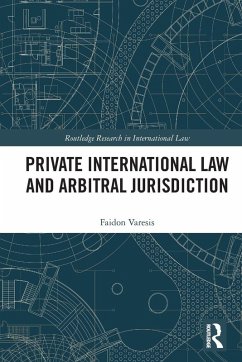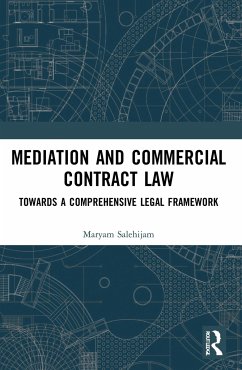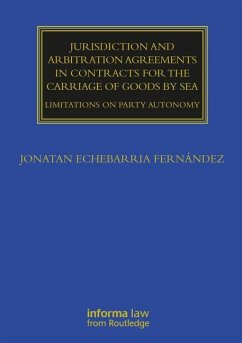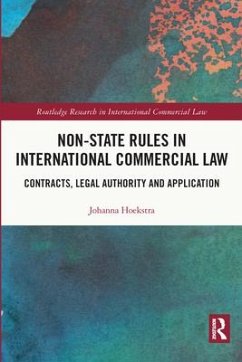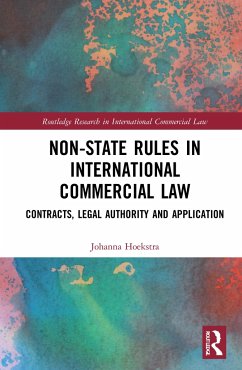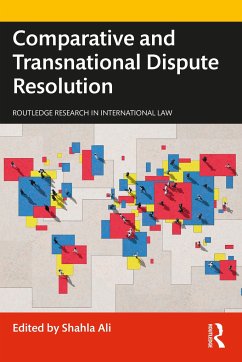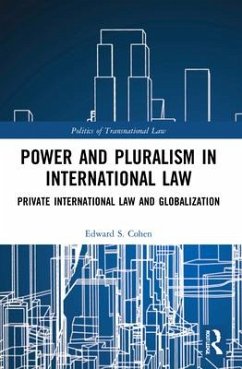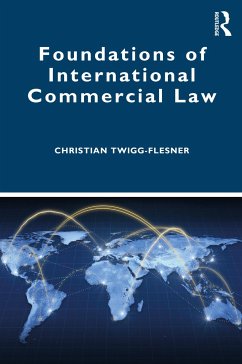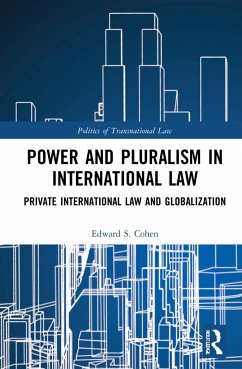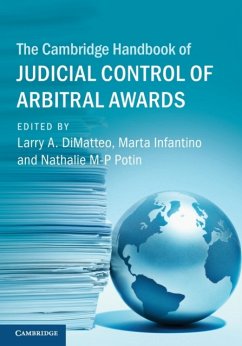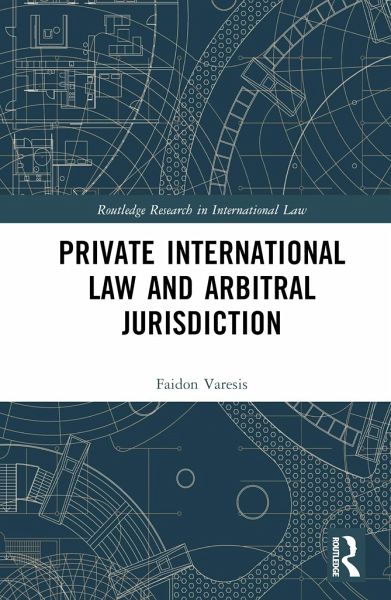
Private International Law and Arbitral Jurisdiction
Versandkostenfrei!
Versandfertig in 1-2 Wochen
149,99 €
inkl. MwSt.
Weitere Ausgaben:

PAYBACK Punkte
75 °P sammeln!
International commercial arbitration and litigation are often seen as competing fora, fields of law, or markets. This intersection is at its highest at the forefront of any proceedings, at the jurisdictional stage.





